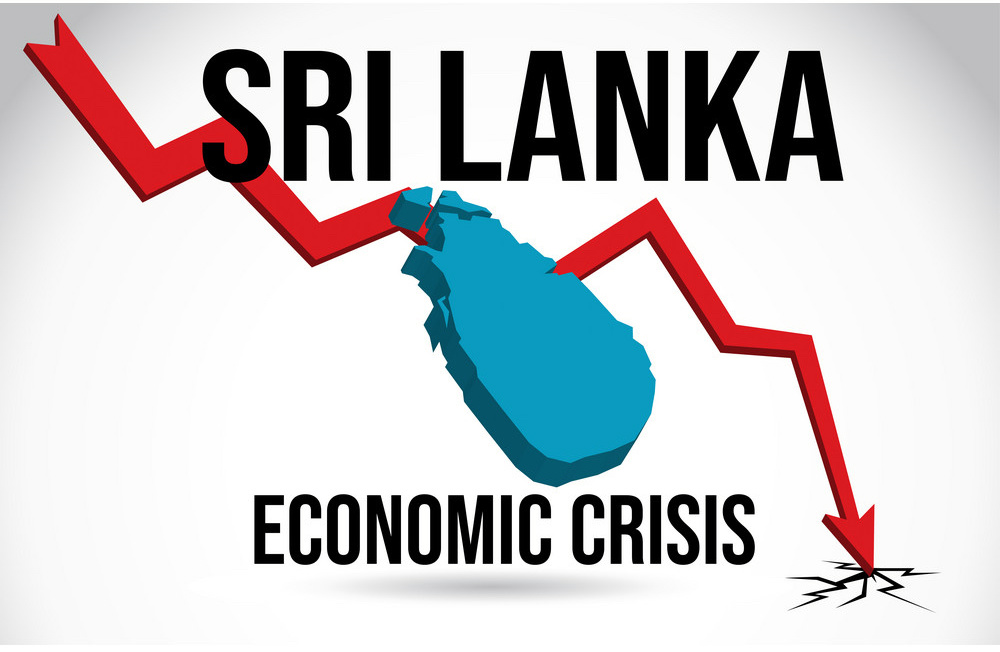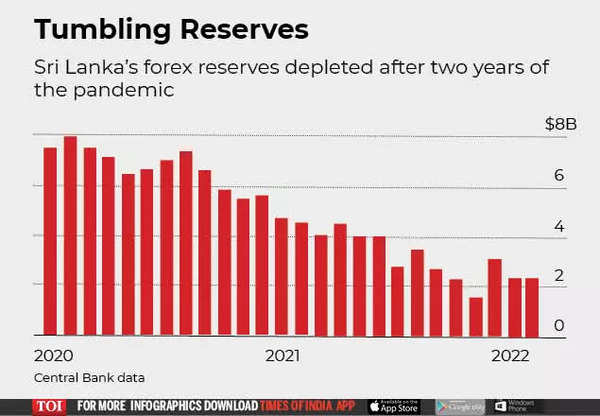



SRILANKA – TROUBLE IN PARADISE

Copyright infringement not intended.
Context
A summary of the Sri Lankan crisis
The Crisis's Possible Causes

Copyright infringement not intended.
Current Account Deficit
Olive Branch to Sri Lanka
How is it an opportunity for India?
What is the way forward?
© 2025 iasgyan. All right reserved